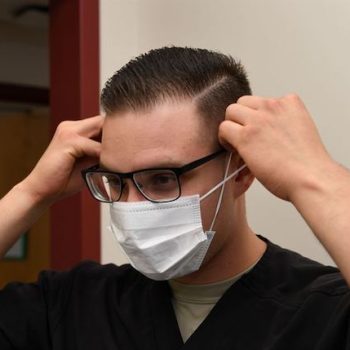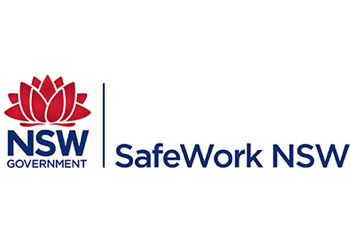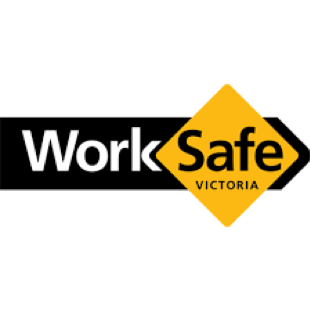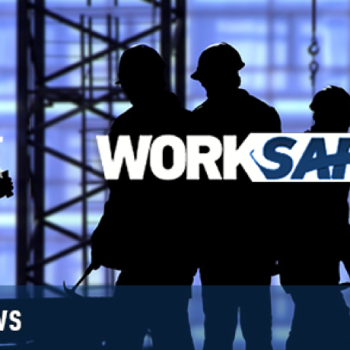How to keep you and your family safe online
By: Trend Micro With Australian lives impacted by the current climate, more of us are working and schooling kids from home. To assist you during this difficult time, here are our top tips to keep you and your family safe online. How to keep safe while working online: Ensure the device you are using has …











